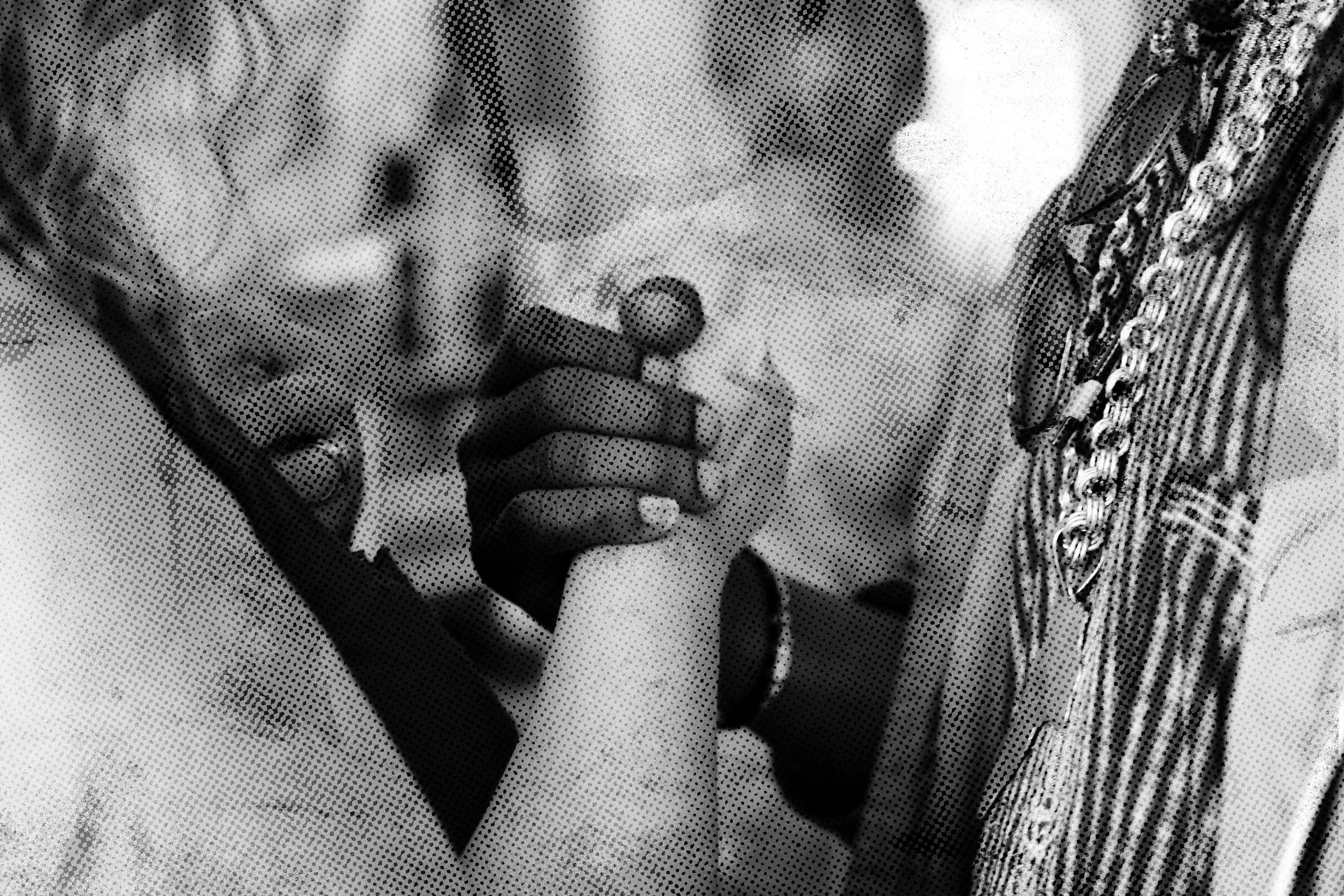About
Anthropology at Work is the consulting practice of Dr Alex Gapud, a UK-based organisational anthropologist who has conducted research and insights work for a range of organisations from Russell Group universities to some of the world’s most recognised brands and leading consultancies.
As he’s known to clients and colleagues, Dr Alex is a pioneer in applying anthropological theory and methods to the world of work to transform employee experience and accelerate employee engagement to create workplace cultures where people feel a sense of connection and belonging.
Prior to transitioning to the world of consulting in 2020, Dr Alex was a Teaching Fellow in Social Anthropology and a two-time award-winning tutor across the entire University of Edinburgh in 2016 and 2018. He received his PhD in Social Anthropology from the University of Edinburgh, one of the world’s leading universities.
Purpose and mission
Work is a fundamental part of the human experience, across cultures and throughout history. It’s not just about putting food on the table or getting a paycheque, important as that is.
Work is also about finding meaning, purpose, personal satisfaction, growth and relationships. It’s one key part of how we find our way in the world and how we relate to others – though it surely isn’t the only way.
Work is so important to us Western societies that one of the first questions we ask when meeting a stranger is ‘What do you do?’
For many of us, our status and sense of self are linked to our work. We often centre our aspirations on the work we hope to do. As a case in point, we ask children what they want to be when they grow up (read: what they’ll do for a living). Many of us lose a sense of who they are when they change jobs or retire.
Yet for many, work feels somewhere between ‘meh’ and miserable-to-grim rather than something inspiring and life giving. In their annual report on employee engagement*, Gallup found that only 21% of employees globally are engaged; only 33% of employees are thriving in their overall well-being including and beyond work.
It’s not just that the positive numbers are low. 19% of global workers are miserable and actively disengaged. And a majority of 60% are emotionally detached at work.
Neither Gallup nor I are going to pretend that every moment of work should always be enjoyable and happy.
But if it’s something that’s so important to our human experience that it’s the single most common activity we do as humans except for sleep – by Gallup’s calculation, 81,396 hours – shouldn’t it at least not be miserable for millions of people?

The social case and the business case
The mission of Anthropology at work (and my career as an organisational anthropologist) is simple, really. It’s to make work not suck for people.
I left a promising career in academia because I wanted to put my learning and education as an anthropologist to work in an applied way that made a real difference for people. Our worlds of work seemed like such an obvious place to apply those perspectives since work is such a prevalent yet broken part of our human experience.
While fixing work is a worthy social cause that appeals to the idealist and optimist in me, I’m not naïve enough to think that the social case for making work better is enough to change anything.
What’s just as relevant is the business case for making work better for people. Here are some figures from recent research to put the matter in perspective:
Higher performance and profits: businesses units with engaged workers have 23% higher profits compared to those with actively disengaged, miserable workers.
Gallup’s analysis of over 112,000 business units in 96 countries estimates that low engagement costs the global economy $7.8 trillion and accounts for 11% of global GDP
In the UK alone, the Office for National Statistics found that 17.9 million working days were lost each year due to mental ill-health
The World Economic Forum estimates that anxiety and depression costs the global economy $1 trillion every year in lost productivity
Thriving teams have lower absenteeism, turnover and accidents
In this case, making work better for people isn’t just the right thing from a social/wellbeing standpoint. It also makes good business sense, and it’s becoming increasingly clear that not fixing work for millions of people will be a costly mistake for employers who risk eroding their organisational culture, losing implicit knowledge and ultimately sacrificing their performance if workers keep burning out and leaving.
*Gallup defines employee engagement as ‘the involvement and enthusiasm of employees in their work and workplace.’

